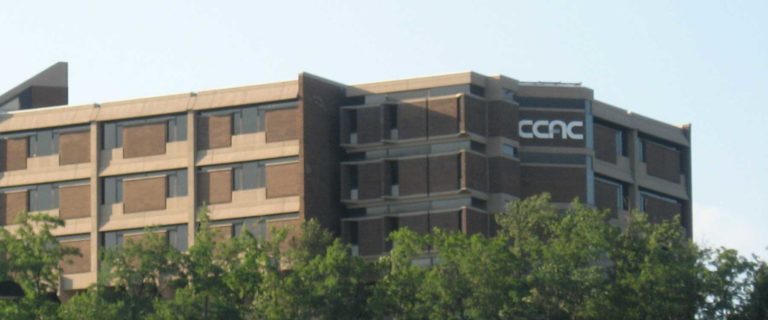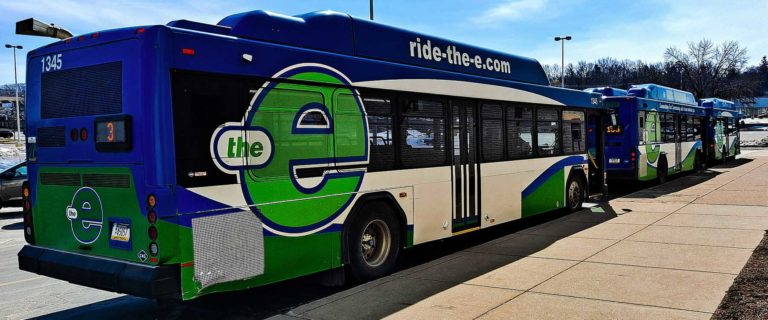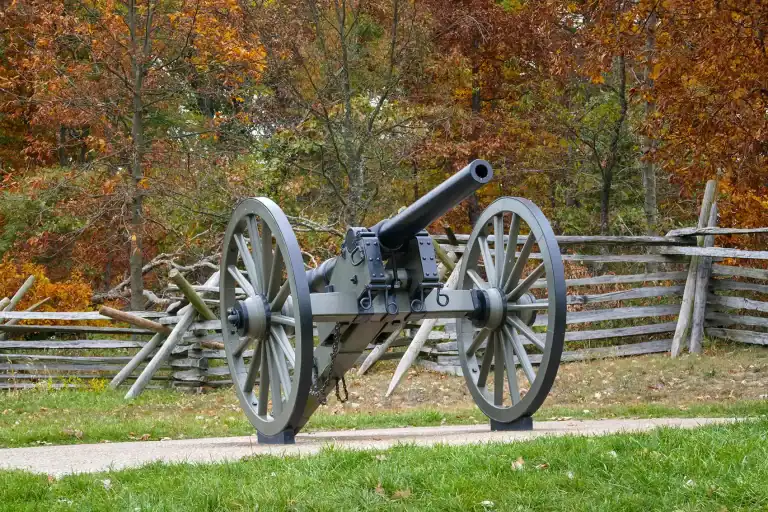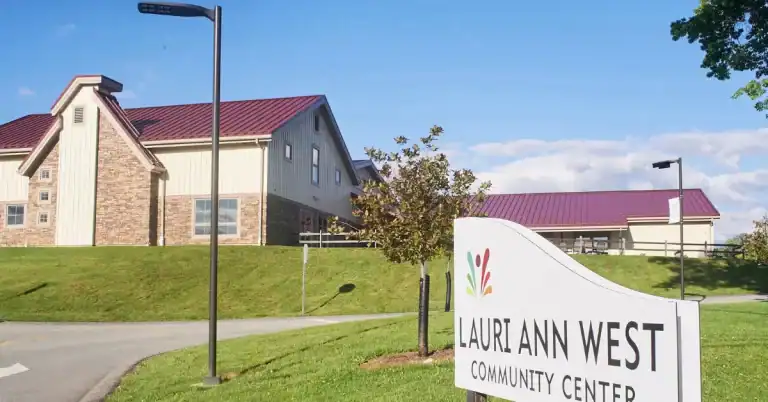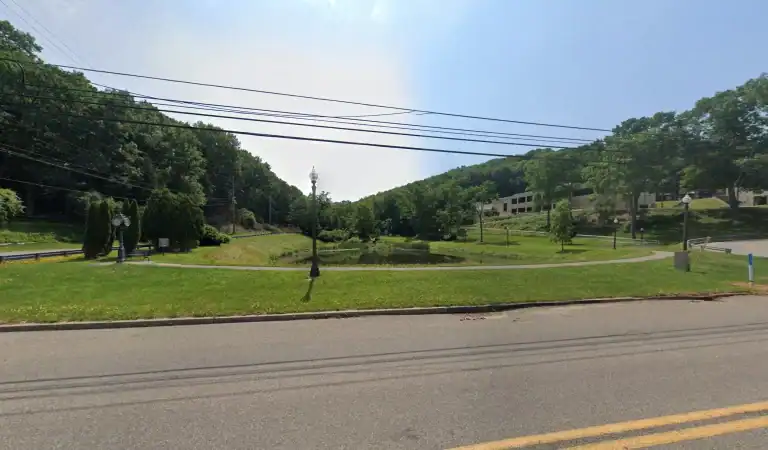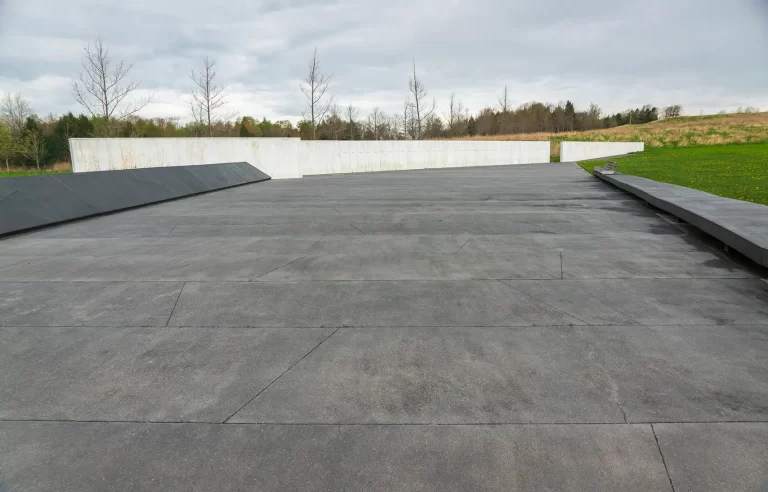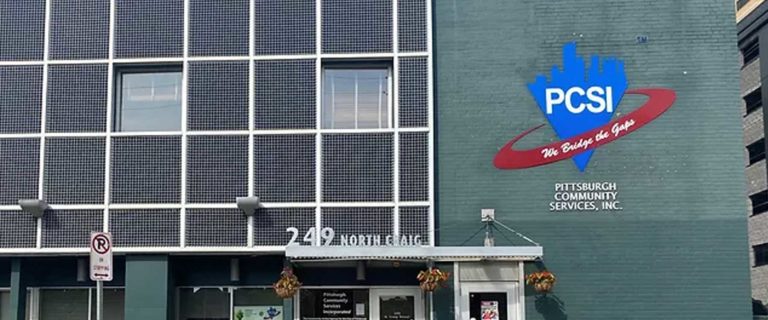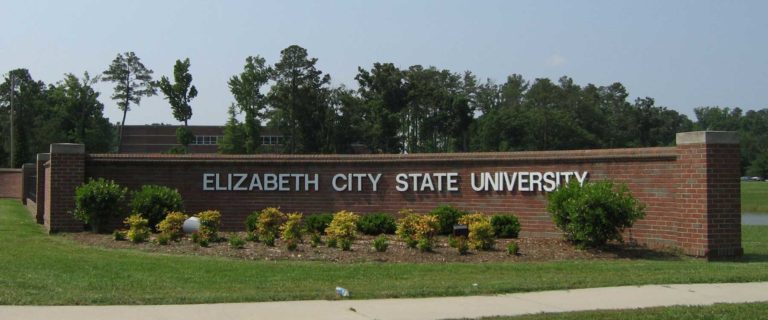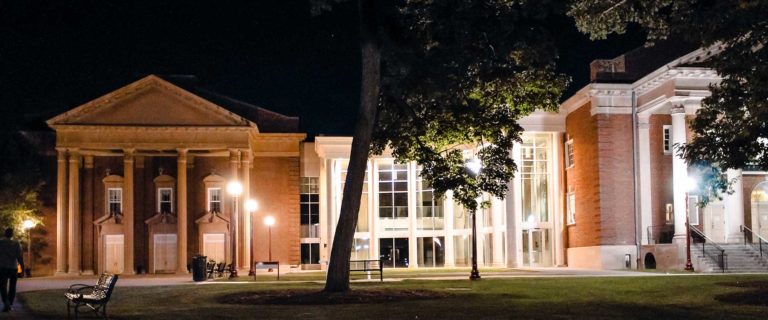The Allegheny Regional Asset District (RAD) supports over 70 libraries across Allegheny County through funding and oversight. Two anchor institutions—Carnegie Library of Pittsburgh (CLP) and the Allegheny County Library Association (ACLA)—help manage this decentralized ecosystem. Despite its strengths, the system suffered from fragmented administrative services and inequitable operational capacities. RAD engaged The Hill Group to explore, design, and implement a shared services model that could improve efficiency, reduce duplication, and elevate service quality systemwide.
The University and its Alumni Association engaged The Hill Group to evaluate its position within the market environment, determine the desired state of the Alumni Association, assess other organizations to identify areas for internal improvement, and develop a strategy that will provide a roadmap for three to five years.
Aquinas Academy, a K-12 independent Catholic school, was committed to excellence in both academics and operations. As part of a broader effort to strengthen leadership and school culture, administrators recognized the need to introduce continuous improvement practices among faculty and staff. The school aimed to empower team members to identify challenges, solve problems collaboratively, and sustain a culture of growth—without overwhelming busy educators. The Hill Group was engaged to lead training that would equip staff with tools for thoughtful change.
Breathe Pennsylvania (BPA), with nearly 120 years of history—from its roots in tuberculosis prevention to its current respiratory health initiatives—was approaching the end of a strategic plan cycle. Amid evolving public-health landscapes and leadership transitions, the organization recognized the need for a refreshed strategic roadmap. The goal: realign its mission, programs, and operations to boost impact, visibility, and sustainability.
With over $80 million in assets and more than $4 million in annual grants and scholarships, Centre Foundation had built a strong philanthropic presence over four decades. As the organization looked to the future, it faced a rapidly evolving community landscape marked by demographic shifts, inequality, and rising needs. Foundation leadership recognized the opportunity—and responsibility—to take a more visible, inclusive, and strategic role in fostering equity and community vibrancy. To guide this next chapter, Centre Foundation engaged The Hill Group to lead a robust strategic planning process.
Community Living and Support Services (CLASS), a nonprofit supporting individuals with disabilities, was navigating a period of transition and growth. With several new staff members in leadership roles and board members who had not recently participated in governance training, the organization recognized the need to strengthen its leadership infrastructure. CLASS wanted to foster greater clarity between board and staff roles, deepen the board-executive partnership, and ensure that governance practices aligned with ethical and legal standards—especially following the disruptions of the COVID-19 pandemic.
The Hill Group was engaged to aid the The Washington State Board for Community and Technical Colleges and related system in responding to a legislative mandate requiring the identification of efficiencies within the system for reinvestment into areas that will improve student outcomes.
The Community College of Allegheny County (CCAC) was looking to enhance southwestern Pennsylvania’s economic competitiveness by identifying potential high-growth industries and related emerging workforce needs.
Approaching its 25th anniversary, the Community Foundation of Fayette County (CFFC) recognized a critical moment for reflection and renewal. While steadily growing in assets and community presence, the Foundation sought to sharpen its strategic direction, expand its donor base, and elevate its leadership role in a county marked by economic challenges and civic potential. CFFC engaged The Hill Group to guide a comprehensive strategic planning process that would ground future growth in both data and aspiration.
Community Foundations of the Hudson Valley (CFHV), serving Dutchess, Ulster, and Putnam Counties, had experienced significant growth—doubling its assets between 2014 and 2023. However, internal challenges and external perception risks persisted. Leadership transitions, staffing gaps in development, and past administrative concerns prompted the need for a renewed, coordinated fundraising strategy. With a bold goal to double assets again—to $200 million—CFHV partnered with The Hill Group to co-create a plan that would build credibility, capacity, and sustained momentum.
The Erie Conference on Community Development (ECCD) and the Erie Metropolitan Planning Organization (EMPO) wanted to more effectively manage and utilize public transportation assets to enhance economic development, improve public service delivery, reduce operating costs, and optimize revenues.
Fort Ligonier, a reconstructed 18th-century British fort, is one of Pennsylvania’s most significant historical sites. With nearly 25,000 annual visitors, the site offers immersive tours, educational programming, and historical reenactments. However, the COVID-19 pandemic disrupted visitation patterns and revealed new opportunities in digital engagement and civic education. The organization’s leadership and board sought a transformative plan to expand its impact—by enhancing infrastructure, launching new educational ventures, and positioning Fort Ligonier as a center for leadership and civic learning.
The Forbes Funds, a Pittsburgh-based foundation commissioned The Hill Group to conduct a study of the human service delivery system in Allegheny County, Pennsylvania, to determine if there were opportunities to enhance the system’s capacity.
Magee-Womens Research Institute and Foundation receives the most NIH funding for women’s health research and has transformed the field. Through a strategic plan focused on global impact, The Hill Group helped MWRIF to identify critical priorities and investments for the next ten years that will transform women’s health research around the world.
A large private foundation with a strong legacy in the arts, Jewish life, and health-related causes sought to refine its Science and Medicine grantmaking portfolio. While the foundation had made impactful investments over time, decision-making lacked a cohesive strategic framework—resulting in fragmented efforts and limited institutional learning. Foundation leadership wanted to align future giving with the founder’s values while sharpening focus, enhancing regional impact, and improving consistency in grant decisions.
A Georgia-based utility company recognized that employees are a critical asset to business operations. They desired more info on employees’ attitudes, opinions, and reactions to workplace issues. Our consulting team systematically gathered input on key issues to design a reliable, valid system for measuring a number of employee issues.
An industry trade association called upon The Hill Group to quantify the economic impact of Michigan’s new energy manufacturing.
As it approached its 10th anniversary, the Lauri Ann West Community Center (LAWCC) entered a period of leadership transition and strategic opportunity. While the Center had strong finances and vibrant programming, the Board of Directors had not engaged in formal development or governance training. Longstanding board members were cycling off, and new members—some with limited nonprofit experience—were stepping in. With strategic planning on the horizon, LAWCC sought to strengthen board performance and ensure alignment on roles, responsibilities, and expectations.
The Ligonier Valley Historical Society (LVHS), steward of the historic Compass Inn Museum, had recently advanced strategic and interpretive planning work to enhance its programming and deepen community engagement. However, the organization lacked a practical, data-informed business plan to support implementation. Leadership needed a roadmap to quantify market potential, evaluate operational needs, and ensure financial viability for planned initiatives. LVHS turned to The Hill Group to help bridge ambition and execution with a clear business framework.
A global telecommunications manufacturer desired to determine current customer interest in purchasing additional value-added products and services. The Hill Group also assessed customer acquisition, retention, and penetration by customer segment, particularly for value-added services and product packages.
The Community Foundation for the Alleghenies serves four distinct and diverse counties and amassed nearly $100 million in assets over its 30-plus years. The Hill Group performed primary and secondary market research and facilitated long-term planning to amplify CFA’s growth and impact and continue to position the organization at the forefront of community leadership.
The United Way engaged The Hill Group to assesses changes in community needs brought about by the economic downturn and to develop a strategy to maximize the impact of United Way resources on financially struggling adults and families in Allegheny County.
Manchester Bidwell was in a position to enhance the capacity and sustainability of the organization. Hill Group Consultants, with support from The Heinz Endowments, completed a three-phase project, including an organizational capacity review, strategic planning process, and business planning process.
In 2024, two long-standing institutions—PennWest Venango campus and the adjacent Venango Catholic High School—closed their doors, leaving behind 100+ acres of valuable yet uncertain space in Oil City. The Oil Region Alliance (ORA), recognizing the cultural and economic significance of these properties, quickly acquired the sites to prevent decline and external buyout. With strong community ties and a desire to drive regional renewal, ORA engaged The Hill Group to lead a process that would reimagine the campus’s future while honoring its legacy.
The Community Foundation of the Northern Alleghenies, serving two counties in rural Pennsylvania with nearly $20 million in assets, engaged The Hill Group to reimagine its vision for the future, build capacity, and help prepare the organization for smooth leadership transitions through a single-day, high-impact planning retreat.
Rivers of Steel Heritage Corporation (RoS) manages culturally and historically significant industrial sites throughout the Mon Valley and western Pennsylvania. These sites require specialized maintenance skills—blacksmithing, masonry restoration, structural welding—that are increasingly scarce. RoS identified an urgent need to preserve this industrial heritage and train a local workforce in historic trades. The vision: launch a Historic Preservation Workforce Training (HPWT) Program centered at the Carrie Blast Furnaces National Historic Landmark to close the skills gap and boost equitable access to high-quality, place-based jobs.
The September 11th National Memorial Trail Alliance had achieved significant grassroots success in developing a 1,300-mile multi-use trail linking the three national 9/11 memorials—New York City, Arlington, and Somerset. Yet with rapid growth came complexity. The organization needed a cohesive strategy to coordinate trail development across jurisdictions, formalize operations and governance, and elevate its national profile. The Hill Group was engaged to create a comprehensive strategic plan to guide the next phase of growth and impact.
Pittsburgh Community Services, Inc. (PCSI), an agency to address causes of poverty and to eliminate its effects, engaged The Hill Group to conduct Phase II of its Community Needs Assessment throughout the City of Pittsburgh and to gain an understanding of the breadth and depth of needs held by city residents.
Like many professional healthcare associations, the South Dakota State Medical Association (SDSMA) faced mounting cultural challenges in the wake of the COVID-19 pandemic, the Great Resignation, and ongoing workforce instability. Medical group managers and clinical leaders were being called upon to lead through heightened uncertainty, often without formal training in organizational culture, team dynamics, or decision-making frameworks. SDSMA sought to empower these professionals with actionable insights and leadership development tools to strengthen communication, decision-making, and team performance across diverse clinical environments.
The Clinical Education Task whose mission was to develop recommendations that will expand the capacity of the clinical education system to allow an increase of more students in Pennsylvania’s nursing programs. They partnered with The Hill Group and identified and prioritized three major issues that influence clinical education capacity.
The Maryland Governor’s Workforce Investment Board (GWIB) wanted to address critical shortages in Maryland’s healthcare workforce and asked The Hill Group to manage and facilitate the Governor’s Healthcare Workforce Summit to engage stakeholders industry-wide in tackling this critical challenge.
In response to critical labor shortages across many important healthcare occupations, the Commonwealth of Pennsylvania was seeking to better understand the dynamics behind these troubling healthcare workforce trends, most notably an existing nursing shortage and a nursing workforce that was aging at a rate twice the national average.
The Community Foundation of Greene County set a bold vision to transform rural Greene County through growth of grantmaking. The Hill Group built a plan for asset growth that considered the foundation’s limited staff capacity while challenging it to think differently about community engagement, stewardship, and leadership for impact.
The Murrysville Parks & Recreation Foundation seeks to build a world-class parks and recreation ecosystem in the suburban community that is home to nearly 20,000 people. To do so, it recognized the need to engage residents and business owners, benchmark other ecosystems, develop strategy, and ramp-up fundraising.
Susquehanna Heritage manages key cultural destinations along the Susquehanna River, including the Zimmerman Center for Heritage and Columbia Crossing River Trails Center. To enhance visitor access and regional connectivity, the organization envisioned a seasonal land-and-water shuttle system linking heritage sites with interpretive programming. However, questions around demand, infrastructure, and financial viability remained unanswered. The Hill Group was brought on to evaluate the feasibility of launching such a service, especially the water shuttle component, in alignment with tourism and community goals.
Our client, a mid-sized university with over 5,000 students, was searching for answers on the feasibility of a potential esports program at their institution and a plan for program implementation.
Elizabeth City State University (ECSU) is one of the nation’s Historically Black Colleges and Universities. ECSU was in need of a strategic plan that captured the unique value proposition of the University, while also creating buy-in across campus and within the community.
Foundation for Indiana University of Pennsylvania engaged The Hill Group to facilitate its strategic planning process, helping the Foundation to improve its alignment with the University, maximize the use of its housing assets, and plan for impactful investments to support students, faculty, and staff.
Vorteq Coil Finishers, a national leader in coil coating for construction, transportation, and appliance markets, recognized growing demand for formal environmental, social, and governance (ESG) practices. While the company maintained strong environmental and safety standards, it lacked a structured ESG strategy to meet customer, investor, and regulatory expectations. Leadership sought to proactively define Vorteq’s ESG vision, formalize its commitments, and position the company as a values-driven partner in a rapidly evolving marketplace.
Washington County’s Department of Human Services was at a crossroads. Its 12 Senior Centers, historically vibrant hubs for older adults, were experiencing declining participation, volunteer shortages, and operational uncertainty—trends accelerated by the COVID-19 pandemic. At the same time, the County faced a growing 75+ population with evolving expectations for aging services. To ensure relevance and sustainability, the County engaged The Hill Group to lead a strategic planning process grounded in data, community voice, and innovation.
With nearly 200 employees and a $13.5 million budget, Westmoreland Community Action (WCA) had just completed a major strategic planning effort. However, a critical internal need remained: a comprehensive review of its compensation practices. The organization had not conducted a formal salary assessment in many years, raising concerns about equity, competitiveness, and alignment with mission goals. To address these challenges, WCA engaged The Hill Group to conduct an in-depth, data-driven compensation study and deliver an actionable strategy for the future.







